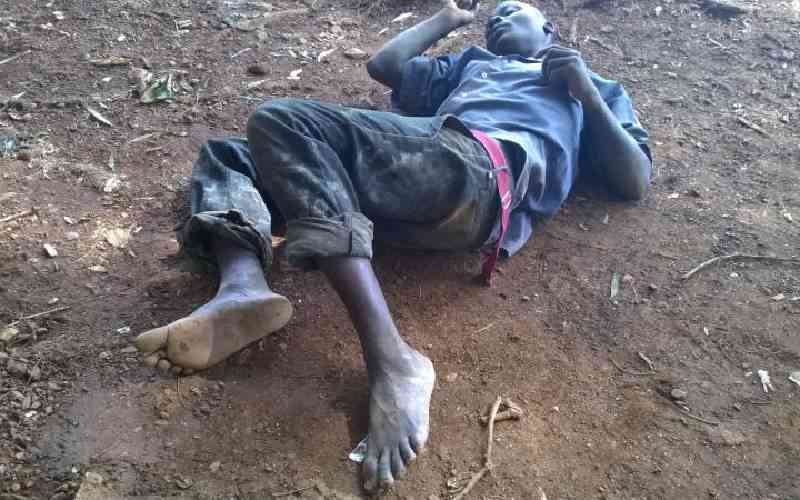×
The Standard e-Paper
Home To Bold Columnists

Central Kenya is an economic and social enigma. It has given us three presidents but it's still ravaged by a number of problems, some unique to this region nowadays labeled 'the mountain'.
The region is surrounded by mountains. To the north we have the Aberdares, a name that has refused to leave 60 years after independence, just like Lake Victoria. The name is enjoying a revival. We now have Aberdares Sub-county and Aberdares Teachers College.